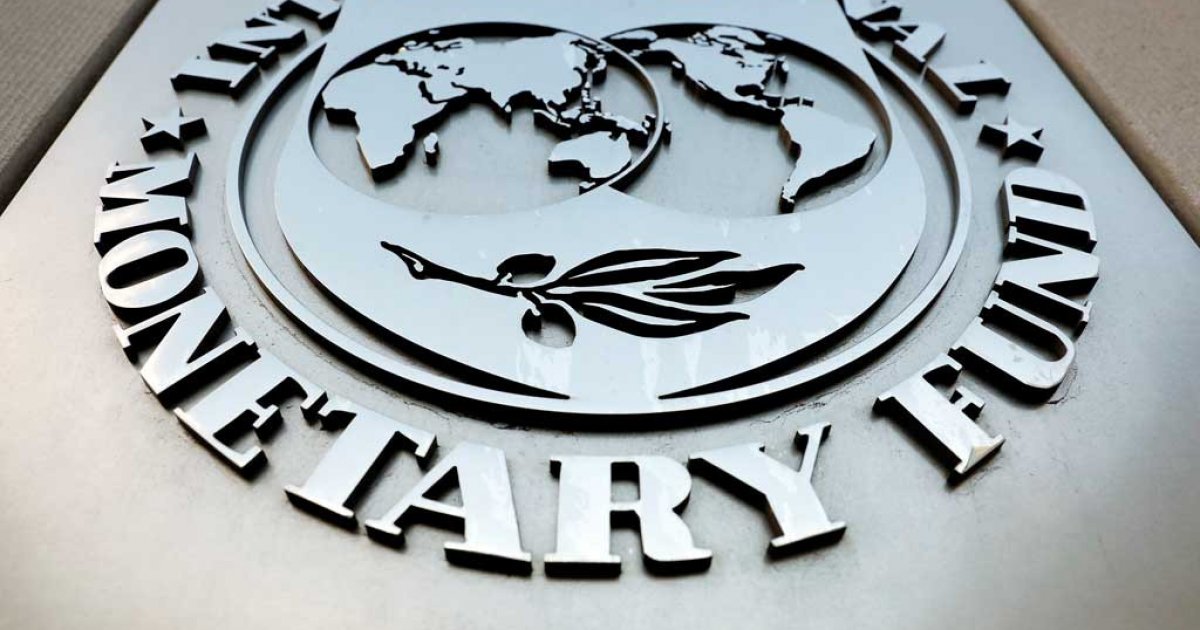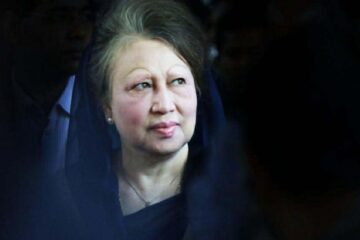While Bangladesh has made some progress in maintaining macroeconomic stability and structural reforms, it faces major macro-financial challenges due to weak revenue collection, financial sector risks and high inflation, the International Monetary Fund (IMF) has warned.
The organization made this observation in a statement published on its website on Thursday.
This came at the end of the IMF’s 13-day review mission to Bangladesh, which was held from October 29 to November 13. The mission was led by Chris Papageorgiou.
The statement said that bold and effective policy measures are now needed to address fiscal and financial sector weaknesses, so that strong and inclusive growth can be restored while maintaining sustainable stability.
The global lender warned that delaying policy action or taking weak action will expose the economy to new risks.
Inflation still high
According to the IMF assessment, Bangladesh’s GDP growth has slowed to 3.7% in FY25, which is the impact of political uncertainty and production disruptions.
On the other hand, although inflation has come down from double digits to 8 percent, it is still relatively high.
Mission chief Chris Papageorgiou said: “The government has tightened fiscal and monetary policies to maintain external balance and control inflation. The trend of rebuilding foreign exchange reserves has begun after the exchange rate reform was launched in May.”
However, he warned that weak tax collection and a capital shortage in the banking sector still remain major risks for Bangladesh.
The IMF further said that if reforms in the fiscal and banking sectors are delayed, growth will weaken further, inflation will increase and macroeconomic stability will be disrupted.
According to the organization’s forecast, if strong reforms are implemented, growth could rise to around 5% in FY26 and FY27. Inflation is expected to fall to 5.5% in FY27, although it could be 8.8% in 2026.
Recommendations for fiscal reforms
The IMF said that ambitious tax reforms are essential to increase spending on social sectors and infrastructure investment.
For this, it proposed abolishing the reduced VAT rate, withdraw unnecessary tax exemptions (except for essential goods and services), increase the minimum turnover tax rate for all enterprises, and make tax administration more efficient and transparent.
The statement said that a comprehensive government strategy is needed to address the problems of weak banks, which would include capital shortages, government support, reforming the legal framework, and determining the source of funding.
At the same time, it has been called for reviewing the asset quality of state-owned banks, improving bank governance and transparency, and strengthening the non-performing loan recovery process.
The IMF also said that in the medium term, comprehensive structural reforms are necessary to strengthen governance, reduce youth unemployment, and accelerate economic diversification.



